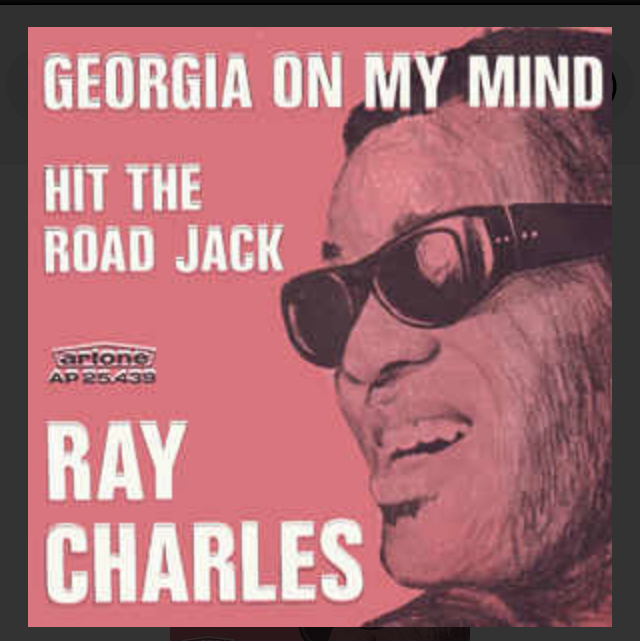I began writing this the day before the election, assuming I would need to revise and then possibly revise again. Now, as I write, it’s two days after the election. Vote counting continues in several states, including Georgia. The tally appears to be running against the incumbent, who, as promised, will not accept the results. Instead he is spreading conspiracy theories, filing frivolous legal challenges, dividing the nation, and doubling down on his deployment of schoolboy rhetorical tricks. What is left to say about the lowness of his character? I have a craving for decency. The radio, tuned to NPR because I’m a blue-state liberal, drones from the bedroom as I listen to my podcasts, scroll and refresh my Twitter feed, and swing wildly from anxiety and dread to mania and fury to (now and then) hope. I try to turn my focus away from our trembling democracy and on to the work of buying, selling, and marketing fine brassieres, sexy garters, elegant harnesses, and fancy stockings.
My husband and partner, Aaron, went back to LA last month to put some finishing touches on the Burbank store, take care of our random cat assortment and, quite unreasonably, get some time away from me to paint in his studio. I’ve been living in Atlanta, unplanned, for almost a year now and am surrounded by the legacy of the Civil Rights Movement, not just the murals, churches, and street names, but the actual men and women who lived through that vital struggle and now are passing on–notably the great John Lewis, Congressional Representative of Georgia’s 5th district (my district now!–both house and store) for 33 years. The facts of his life can only inspire awe. Already a seasoned activist and Baptist Minister, at the age of 21 he became one of the original 13 Freedom Riders. Two years later he became chairman of the Student Nonviolent Coordinating Committee, and in that capacity was one of the organizers of the 1963 March on Washington, where he was the last to speak, save Martin Luther King. In 1965 he and Hosea Williams led the first of three Selma to Montgomery marches across the Edmund Pettus Bridge. On the far side of the bridge, Lewis’ skull was fractured by Alabama State Troopers in the incident which became known as Bloody Sunday.

It’s worth remembering that the Selma to Montgomery Marches were demonstrations for the right to vote, and ultimately led to the passage of the Voting Rights Act, which protected Americans from Vote Suppression until it was compromised by the Supreme Court’s Shelby County v. Holder decision in 2013. In the last few years of his life, Lewis was still working tirelessly to get the Voting Rights Advancement Act enacted into law as a way to guarantee every American’s right to vote. He died this past July 17. We were fortunate to be with a group of friends and alongside hundreds of mourners lining the streets of Montgomery, Alabama as his hearse passed by on its final tour of the stations of his life.
“Ours is not the struggle of one day, one week, or one year. Ours is not the struggle of one judicial appointment or presidential term. Ours is the struggle of a lifetime, or maybe even many lifetimes, and each one of us in every generation must do our part.”
― John Lewis on movement building in Across That Bridge: A Vision for Change and the Future of America

